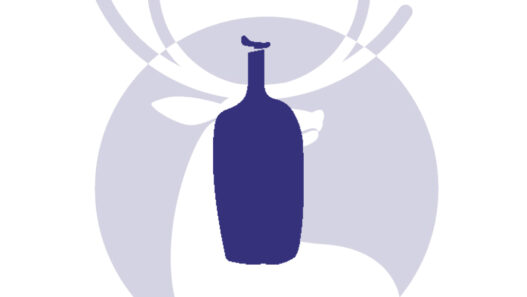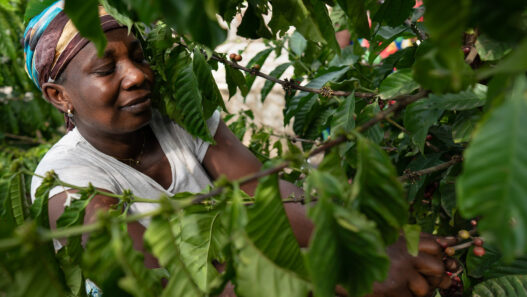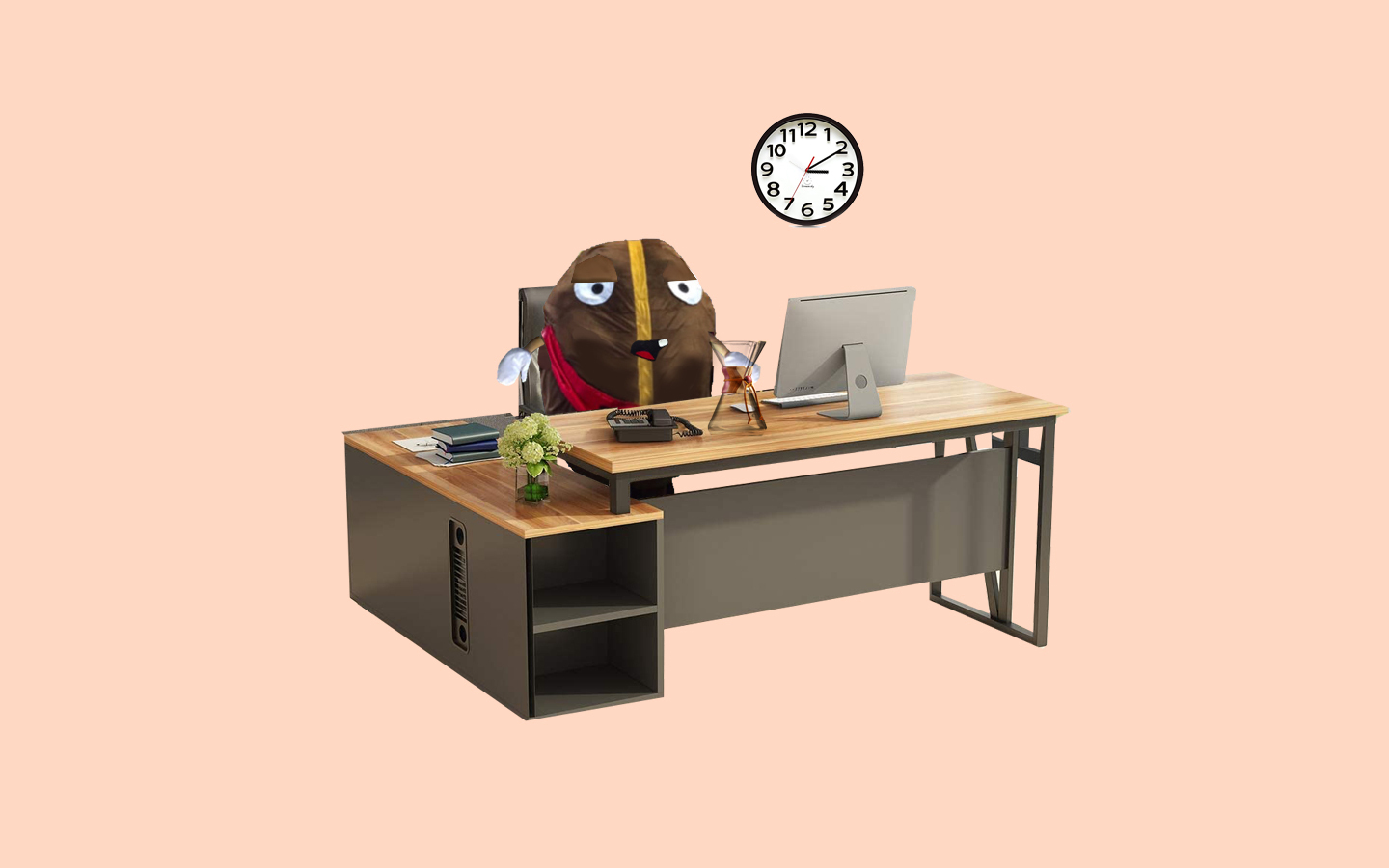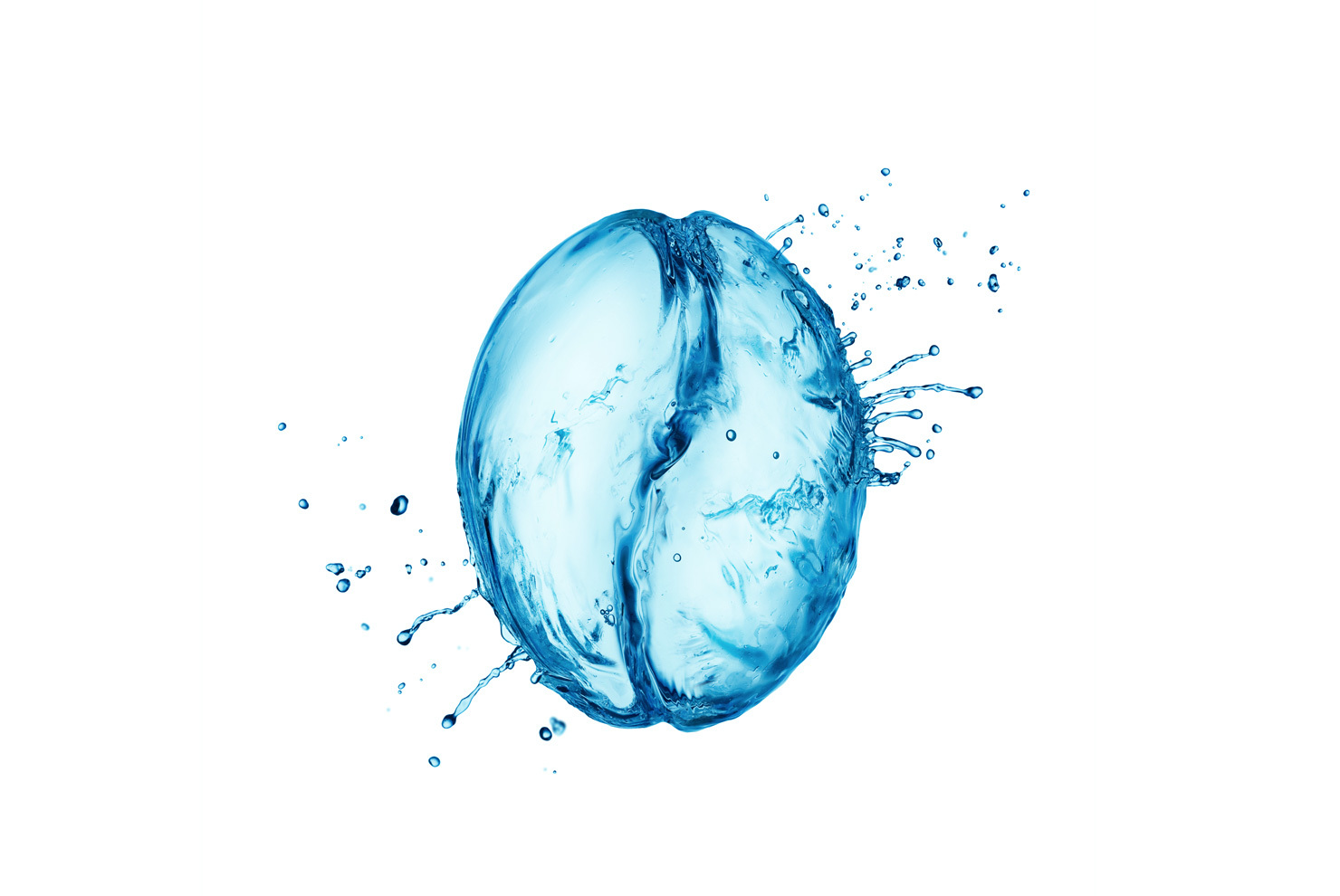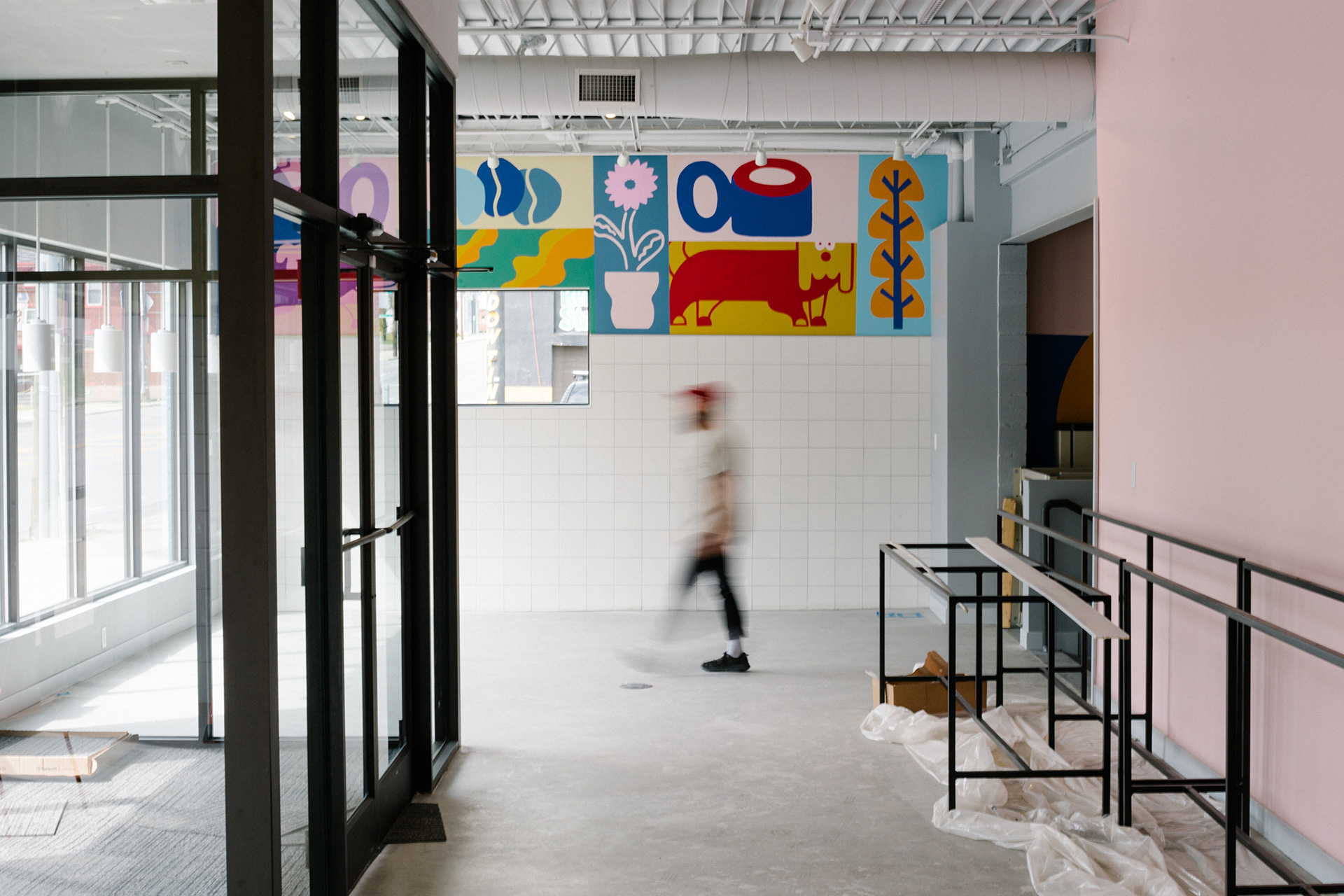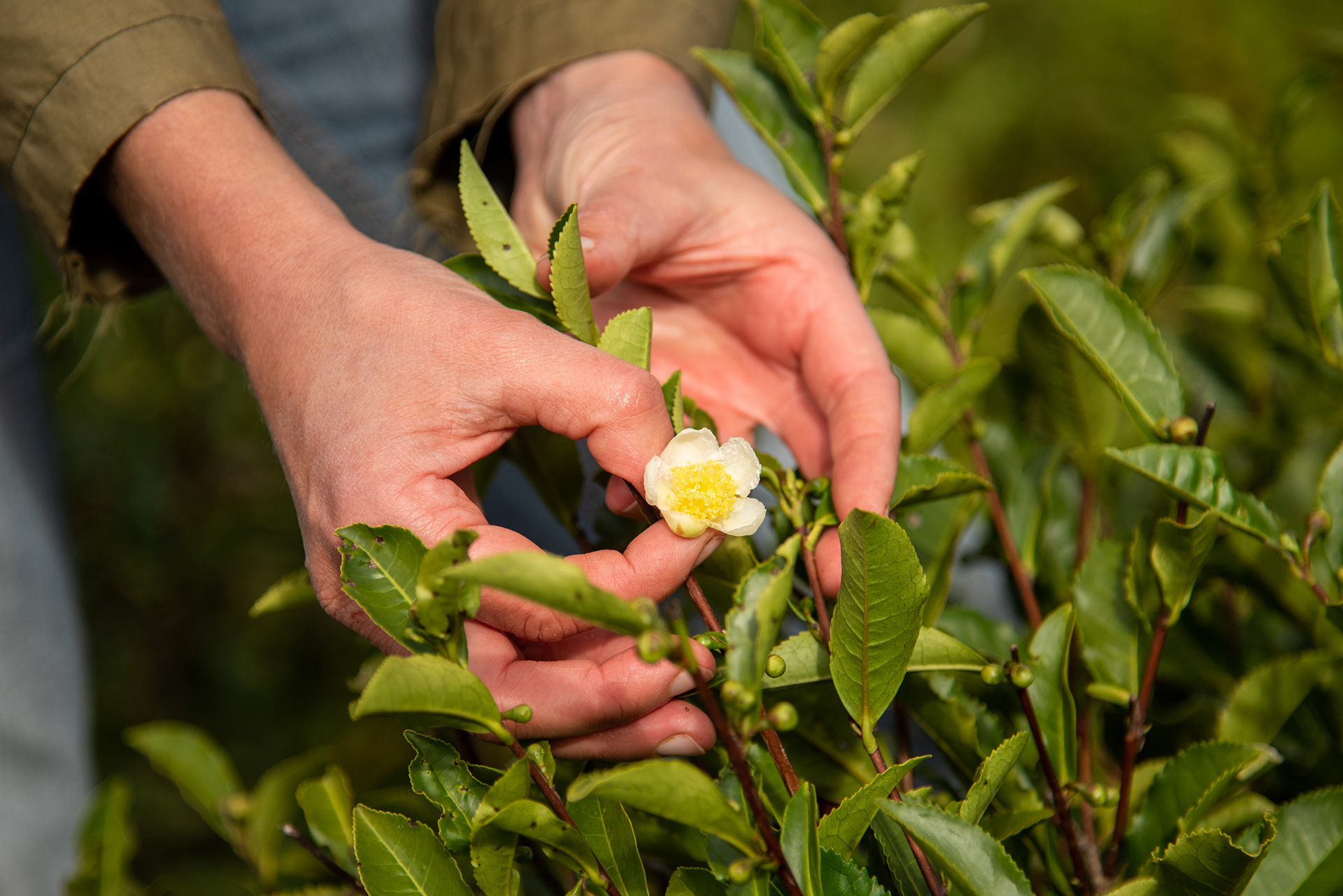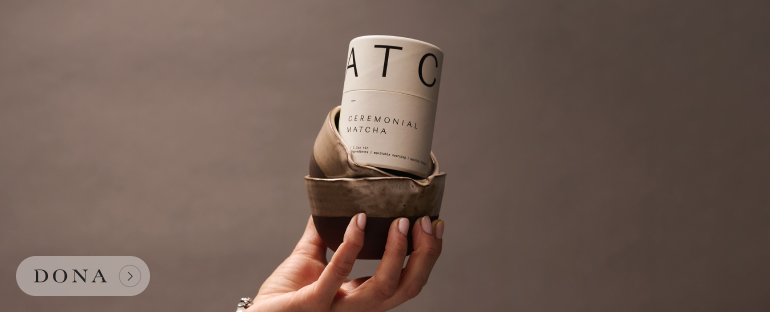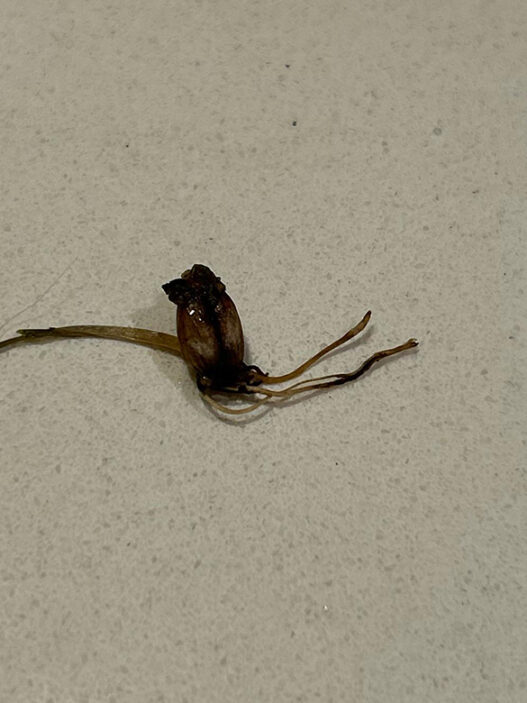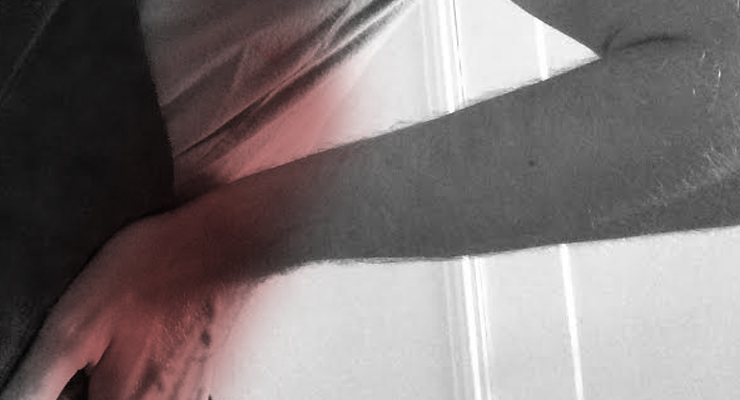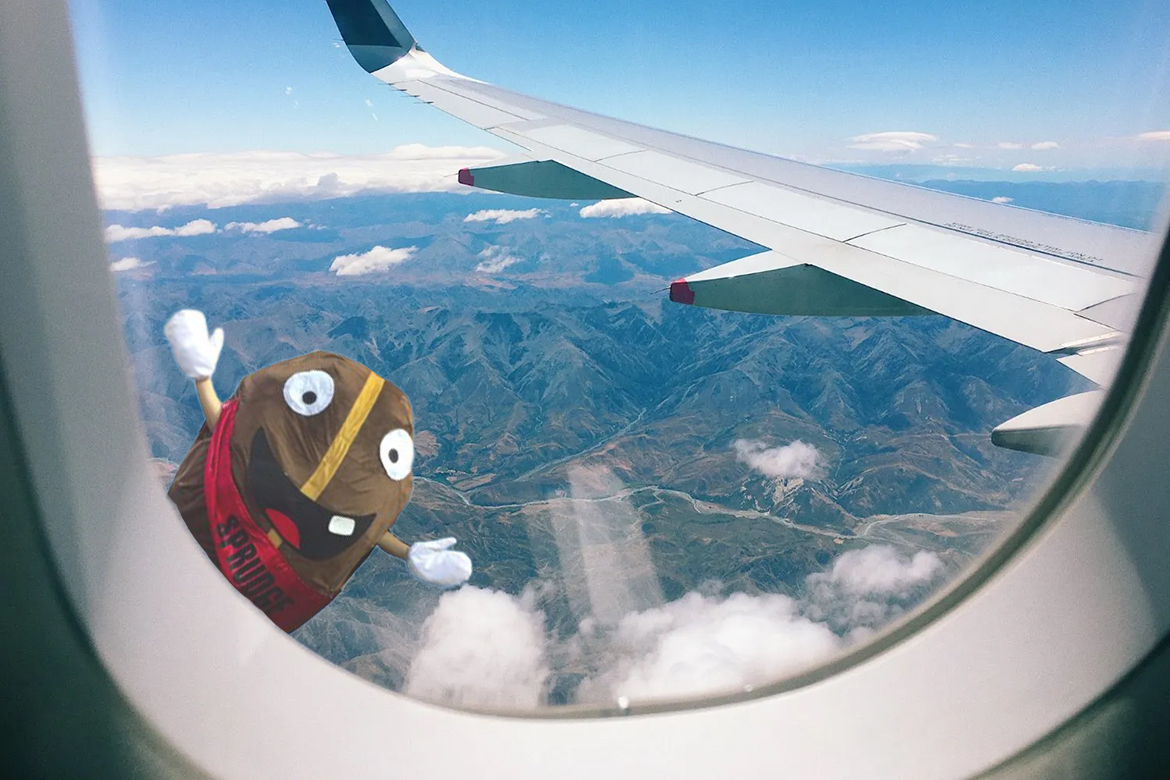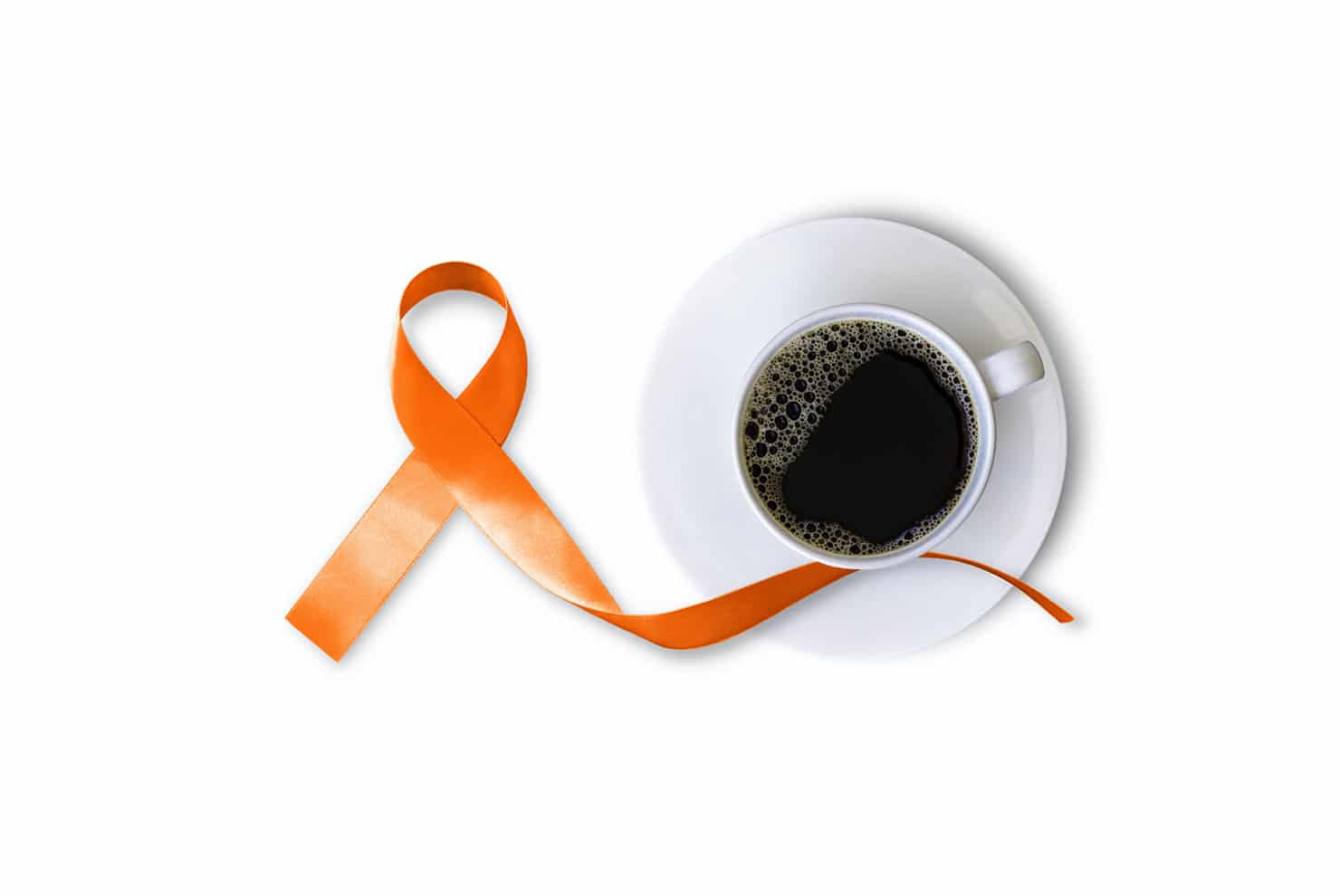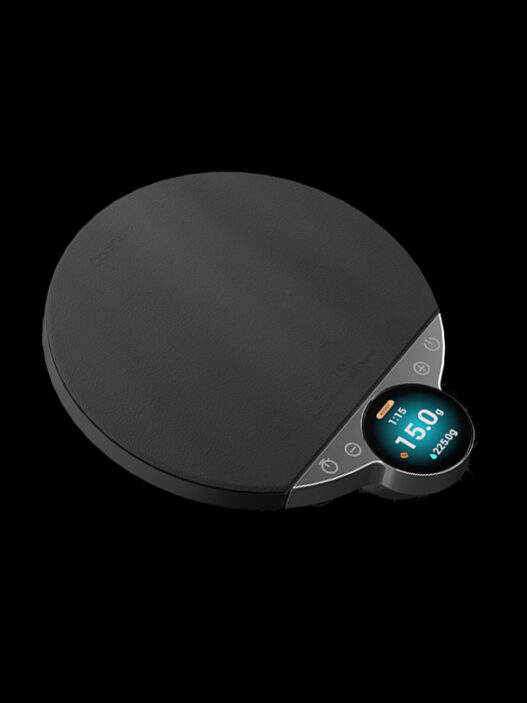We’ve all heard that drinking coffee will dehydrate you. Within the century-old folk science resides a kernel of truth: coffee is a diuretic and thus, it causes you to use the bathroom. If drinking coffee causes you to lose liquid via urination, it’s robbing your body of its much-needed hydration, or so the thinking goes. That notion has since been disproven. While yes, coffee does make you go more, it is not in a large enough quantity to eclipse the amount of water—of which coffee is 98%—you consume in drinking it.
Staying hydrated is more than just a supplication from your kindhearted #coffeetwitter follows, it’s an integral part of a healthy lifestyle. Coffee has already been shown to be an effective part of your daily hydration goals, but how much of that morning Chemex can you count toward your water intake? In a recent article in Everyday Health, registered dietician Kelly Kennedy states that the answer depends on the caffeine content.
Per the article, coffee per se does not have the observed diuretic effect, but caffeine. So, the more caffeine you consume, the more you’ll have to use the bathroom. Referring to a 2015 study in the Journal of Science and Medicine in Sport, Kennedy states that at an average intake of 300mg of caffeine daily is associated with a 15% fluid loss. Translating this into coffee terms, for every eight ounce cup of coffee you consume, you can really only count a net of 6.8 ounces of fluid. (Technically only 6.664 ounces since 98% of that total is actually water.) For the 12 ounce cuppers, that’s a net gain of 10.2 ounces (technically 9.996).
While the general belief is that people should consume eight eight-ounce glasses of water each day, the truth of the matter varies from person to person. The National Academies of Sciences, Engineering, and Medicine suggest that women get 2.7 liters of fluid per day and men get 3.7 liters. Kennedy notes that about 20% of our daily fluid intake comes from the foods we eat, so that brings down the suggested daily fluid intake down to 2.2 liters and 3.0 liters for women and men, respectively.
And coffee is certainly one avenue to achieve that total, though it a fairly weak hydrator. Water, being made up 100% of water, is the most efficient hydrator. Tea, being lower in caffeine than a standard cup of coffee, is also better at providing hydration. Even beer is more hydrating than coffee!
But, as you may have put together by now, there is one type of coffee that is actually quite effective at efficiently hydrating your body: decaf. With little to no caffeine to speak of, decaf coffee is basically on a par with water, sans total dissolved solids and the minute effects of trace caffeine amounts. Instant coffee, with roughly 66% of the caffeine content of a standard cup of coffee, is better for the hydration purposes. Espresso has a similar caffeine content to that of instant coffee, so in theory is more hydrating than a cup of brewed coffee. But since espressos are generally only one to two ounces, their hydrational benefits are relatively small.
But even as a weak hydrator, coffee has one thing going for it that water does not: it tastes good. If something tastes good, you’re more likely to keep reaching for it. I can (read: do, every single day) consume 40 ounces of coffee in a morning, shaking the empty thermos it was stored in a few times throughout the AM before finally conceding that it is in fact empty. The 20-ounce cup of water next to it may go untouched. So which is truly the better hydrator: the 85% of 40 ounces from coffee or the 100% of zero ounces of water? I’ll leave that up to the scientists and mathematicians to argue over.
Zac Cadwalader is the managing editor at Sprudge Media Network and a staff writer based in Dallas. Read more Zac Cadwalader on Sprudge.





